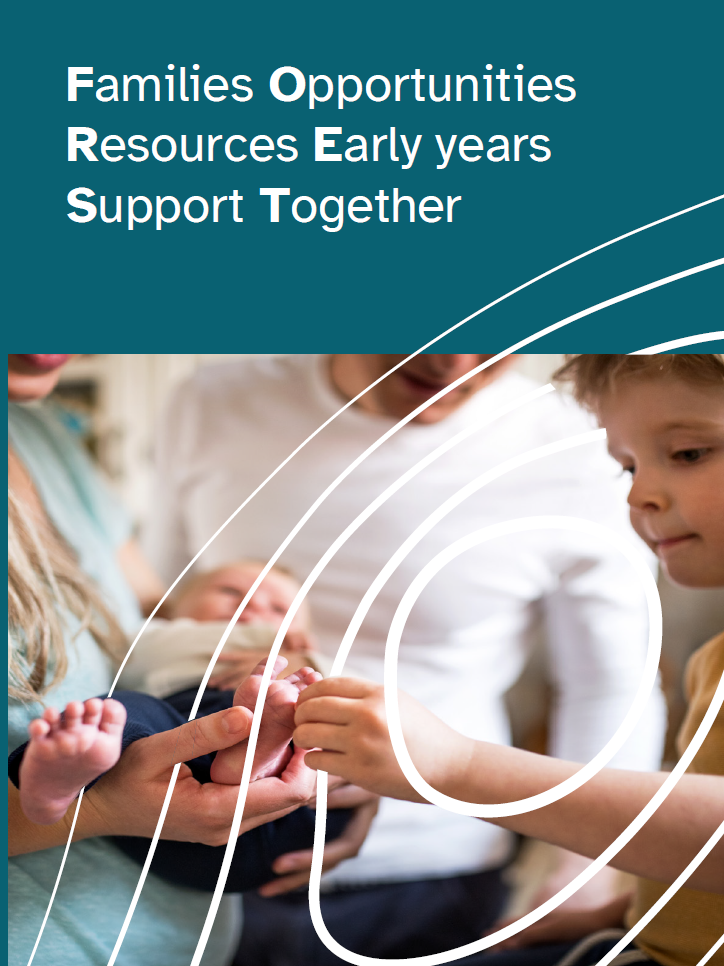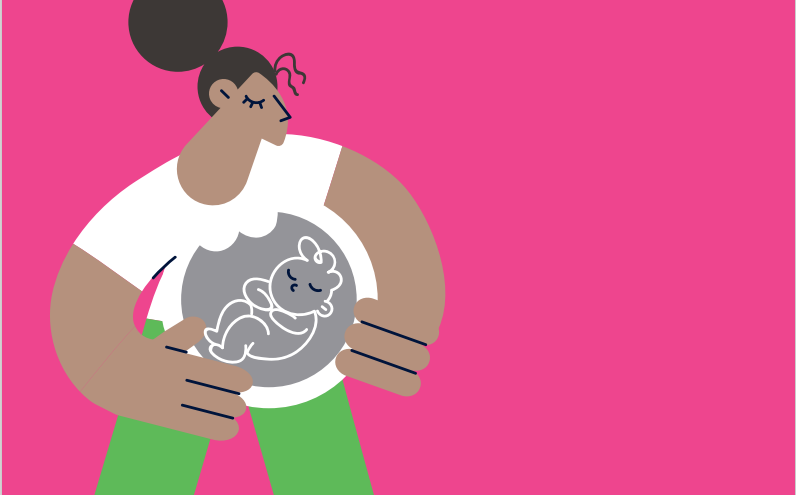What is the FOREST programme?
The FOREST Programme (Families, Opportunities, Resources, Early Years Support Together) is an early intervention pilot developed by Dr. Tom Seise, Paediatric Registrar and UK Population Health Fellow, in collaboration with Public Health Nursing. It is grounded in evidence from Adverse Childhood Experiences (ACEs) literature, which links early life adversity to poor long-term health and social outcomes.
The FOREST Programme represents a proactive, evidence-based approach to safeguarding children. By addressing vulnerabilities early and holistically, it plays a critical role in reducing the risk of non-accidental injuries and promoting healthier, safer family environments.
Download the Enhanced Parent pathway – Forest Team Tri-fold leaflet HERE
The FOREST Programme aims to:
- Improve early outcomes for children and families.
- Identify and address vulnerabilities before they escalate into more serious issues, including non-accidental injuries (NAIs).
- Reduce risk factors associated with child maltreatment through proactive, family-centred support.
The FOREST Programme contributes to the prevention of NAI by:
- Identifying risk factors early, such as parental mental health issues, domestic abuse, or substance misuse.
- Providing structured support to reduce stressors that may lead to harm.
- Building resilience in families through education, emotional support, and practical interventions.
- Enhancing professional oversight during a vulnerable period in a child’s life.
Programme Design
- Early Intervention Focus: Designed to intervene during pregnancy and early infancy, a critical window for child development and safeguarding.
- Holistic Assessment: Utilises the Assessment Triangle to understand the child’s developmental needs, parenting capacity, and family/environmental factors.
- Eligibility Criteria: Families with two or more vulnerability points are invited to participate, ensuring targeted support for those at greatest risk.
Read more about FOREST pathway eligibility HERE
Referral and Access
- Gatekeeping: A registered Midwife or Health Visitor conducts a needs assessment and acts as the gatekeeper to the pathway.
- Referral Window: Families can be referred from 16 weeks gestation to the 6–8 week postnatal check.
- Triage and Allocation: Once accepted, families are assigned to an Assistant Practitioner who delivers tailored interventions.
Intervention Delivery
- Toolkit-Based Approach: Up to 10 specialised toolkits are used, developed with input from subject matter experts in areas such as parenting, mental health, and child development.
- Collaborative Planning: Interventions are agreed upon with the family, promoting engagement and ownership.
- Structured Contact: Assistant Practitioners maintain regular contact to build trust and monitor progress.
Monitoring and Evaluation
- Pre- and Post-Intervention Questionnaires: Used to measure change and impact.
- Additional Data Collection:
- MORS (Mother Object Relations Scale) assessments
- Group feedback
- Verbal feedback
- Manual data extraction from family records

